Most of us learned how to brush our teeth in Kindergarten—so it’s no wonder we tend to get some things wrong. After all, we haven’t had a proper tooth brushing lesson since we were little kids! Coupled with the fact that tooth brushing best practices have changed over the years, and popular myths that exist about dental hygiene, it’s not surprising that so many people visit our office with cavities and caries, even though they brush every day. Here are some ways you may be brushing your teeth wrong.
Myth 1: After brushing your teeth, you should rinse out your mouth with water.
This is by far the most common tooth brushing mistake most people make. When we were kids, an emphasis was placed on spitting out the toothpaste in order to keep us from swallowing it. However, as an adult, you should keep the toothpaste residue on your teeth as long as possible. Toothpaste works by applying fluoride to your tooth’s surface, in order to raise the Ph of your mouth and remineralize the enamel. Rinsing it off with water minimizes its benefits.
Myth 2: After brushing your teeth, you should rinse your mouth with mouthwash.
Mouthwash should be used before you brush, not after. Unless it’s a fluoride mouthwash, you’ll be negating all the hard work you did by brushing, just as with water. Secondly, you’re also creating a more acidic environment in your mouth that wears your enamel down more quickly.
Myth 3: You should brush your teeth soon after eating.
Brushing your teeth after a meal does a lot of damage to your teeth. All the acid in your food is stuck in-between your teeth, and brushing rubs it around like sandpaper. Instead of brushing directly after eating, wait a few hours after eating so that the saliva in your mouth lowers the Ph. If you’re worried about having bad breath, chew a minty gum containing xylitol. The best time to brush your teeth is first thing in the morning, before you’ve eaten.
Myth 4: Since plaque is tough to get off, I need to brush forcefully.
Brushing too hard can actually cause your gums to recede, and erode your enamel as well. Instead, brush your gums with light, gentle motions. Plaque is not stuck on hard to your teeth, and brushing lightly will remove it. If your toothbrush bristles have a smashed-down appearance, that’s a sign that you are brushing too hard.
Get a Dental Cleaning from a Qualified Apex Dentist
If it’s been a while since your last dental cleaning, be sure to stop in to Hansen Dentistry. Our Apex dentist office is a welcoming, family-friendly, judgement-free zone where we only care about one thing: helping you have the healthiest smile possible. To schedule an appointment, fill out our appointment form here.

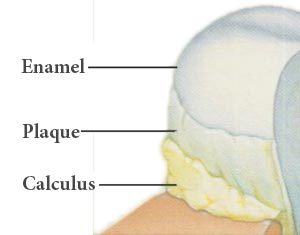
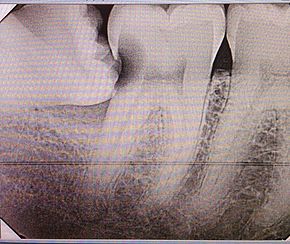
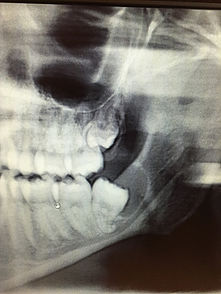

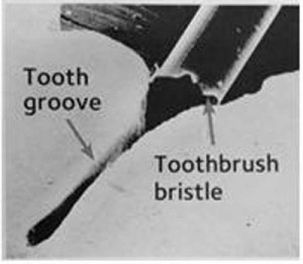
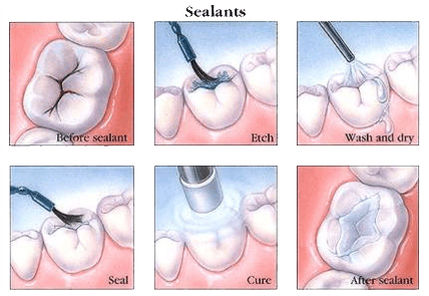
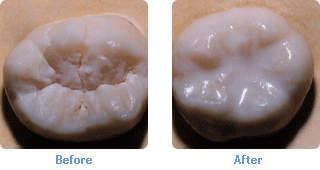 How long do sealants lasts?
How long do sealants lasts?